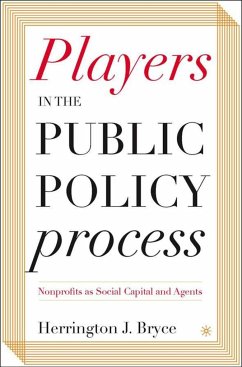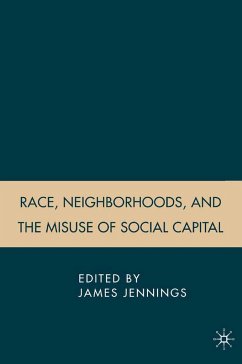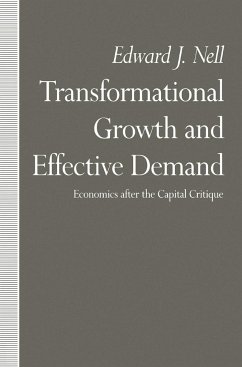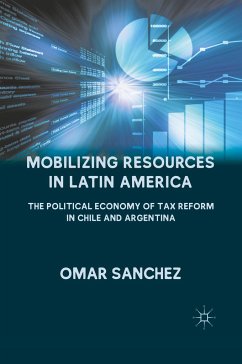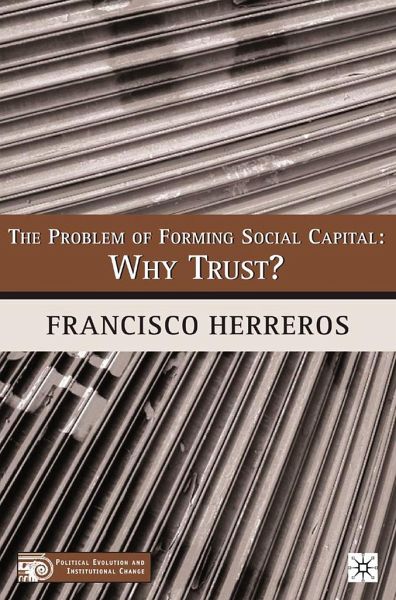
The Problem of Forming Social Capital
Why Trust?
Versandkostenfrei!
Versandfertig in 6-10 Tagen
38,99 €
inkl. MwSt.
Weitere Ausgaben:

PAYBACK Punkte
19 °P sammeln!
Social capital is a concept which has only recently been incorporated into the social sciences. It has been used to explain a series of phenomena ranging from the creation of human capital and the effectiveness of democratic institutions to the reduction of crime or the eradication of poverty. However, there is not a general explanation about how to create social capital. That is the aim of this book. More concretely, it answers the following questions: How to create social capital? and what accounts for the different stocks of social capital between states? These questions are answered both t...
Social capital is a concept which has only recently been incorporated into the social sciences. It has been used to explain a series of phenomena ranging from the creation of human capital and the effectiveness of democratic institutions to the reduction of crime or the eradication of poverty. However, there is not a general explanation about how to create social capital. That is the aim of this book. More concretely, it answers the following questions: How to create social capital? and what accounts for the different stocks of social capital between states? These questions are answered both theoretically and empirically, using quantitative and qualitative analysis as well as game theoretic models.







